From Our Readers: Hats and Hoaxes
February's letters to the editor
November mist
The Beaver Dam area along Hwy. 242 near the Cumberland and Sampson county line.
It’s a hoax
It is clear to me that readers of Carolina Country ["Viewpoint," January 2015] are not aware of the results of the climate change study at the University of East Anglia in Great Britain in which they tell the world that so-called climate change is the world’s greatest current hoax. It is also clear to me that corporations fear an administration bent on eliminating fossil fuels — which this country has more of than Saudi Arabia — while wasting American taxpayer dollars on "renewable energy." How does energy get renewed?
It’s a fraud
Regarding your editorial, "Striking a Balance," in the January 2015 issue, the comments from readers you chose to include portray a complete and unquestioning acceptance of the global warming narrative being hammered by politicians, academics and pundits in the mainstream media. The global warming narrative has been exposed as a fraud on the public.
Considering what we know of EPA overreach in developing standards, we should challenge and question the EPA at every turn, not embrace their junk science.
And I certainly do mind paying more for energy so that environmental zealots can feel good about themselves. Since the environmental awakening in the 1970s, this country enjoys the highest quality air and water of any industrialized nation, and leads the world in improving air quality.
Tow sacks
In the January 2015 issue there’s a small blurb on page 26 about tow sacks ["Joyner’s Corner."] Tow refers to the fiber the burlap is made from, like hemp or flax. Light-haired children were often called "tow-headed," again referring to the light fibers from flax. Some communities called them "flaxen-haired." Growing up in Robeson County, we always called these burlap bags tow sacks. I believe the word tow may have German origins.
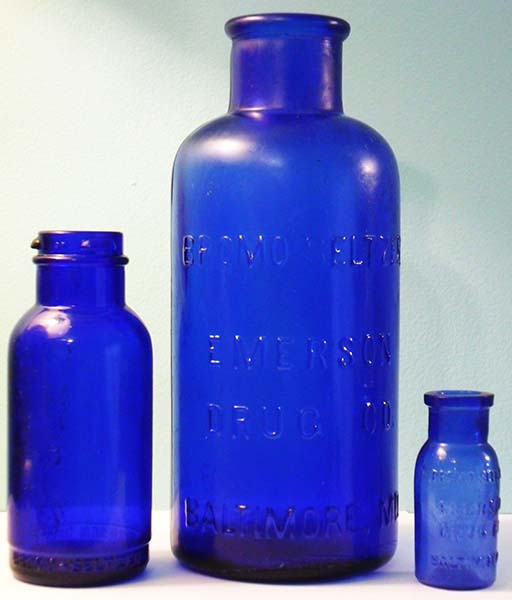
Bromo Seltzer blue
Recently I found three small cobalt blue bottles about 3 to 4 inches in height at a baseball field in Vance County. My mind went back a good 50 years remembering my Mama and the little blue bottle whenever she had a headache. It contained a white powder she mixed with water that would fizz and jump around in the glass.
I remembered my Daddy with the little blue bottle on Sunday mornings trying to get his nerves and stomach together after a night of catfishing with his buddies. I thought it was a shame to throw away such a pretty little blue bottle, but I was never allowed to retrieve it for keeping.
If you’re guessing these little blue bottles are Bromo Seltzer bottles, you would be right. The Bromo Seltzer was patented by Isaac E. Emerson from Chatham County. He moved to Chapel Hill in 1868 where he graduated from UNC as a chemist. The Bromo Seltzer was discontinued in 1975.
With six children and Daddy working to provide for us, I’m sure Mama appreciated her Bromo Seltzer.
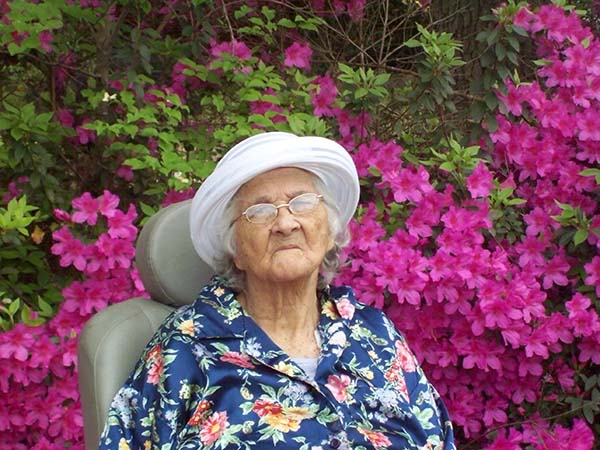
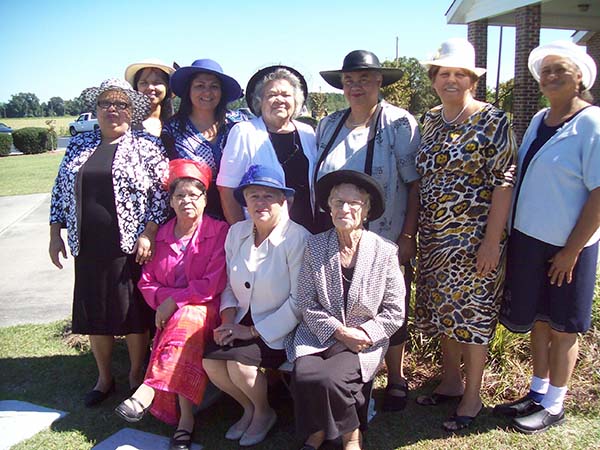
The pictures show my mother in one of her hats and members of Zion Hill Baptist Church enjoying her hats.
Mom and her hats
My mother, Mrs. Carrie Mae Jones Cummings, loved hats. It did not matter the color or design, she simply loved hats. She wore hats while attending church, fishing and shopping. Seldom did she leave home without one.
Mom was placed in a nursing center in December 2013 after an extended hospital stay, and several of her hats were taken to the nursing center. She passed away August 26, 2014, at the age of 95. While going through her personal items, my brother and I decided to donate about 100 hats to friends, family and the ladies at our church, Zion Hill Baptist. We miss Mom, but we find comfort knowing somebody is enjoying the hats as much as she did.
Mom was a longtime member of Lumbee River EMC in Red Springs and loved to read Carolina Country.
Lesson learned
My father is the man who makes up the Carolina Country puzzles and cartoons in "Joyner’s Corner." I’m not much of a puzzle master, but he taught me many other things.
In the 1960s, we lived in Myrtle Beach and Dad published the Sandpiper Magazine. He and I delivered the Sandpiper to about 100 motels, restaurants and gift shops throughout town. Every Saturday, to start work, we picked up boxes of each issue at the bus station.
While Dad I moved the boxes, I wanted to buy a Coke (10 cents) and play pinball (a quarter), but Dad would never advance me my allowance or pay. I could only get what I wanted by saving my money from the week before. Most Saturdays, it was no pinball and no Coke ’til after work.
Today, I’m very good at saving money if I invest it or put it away where I can’t see it, and I know those early lessons in resisting temptation helped me to learn that lesson.
-
Share this story:

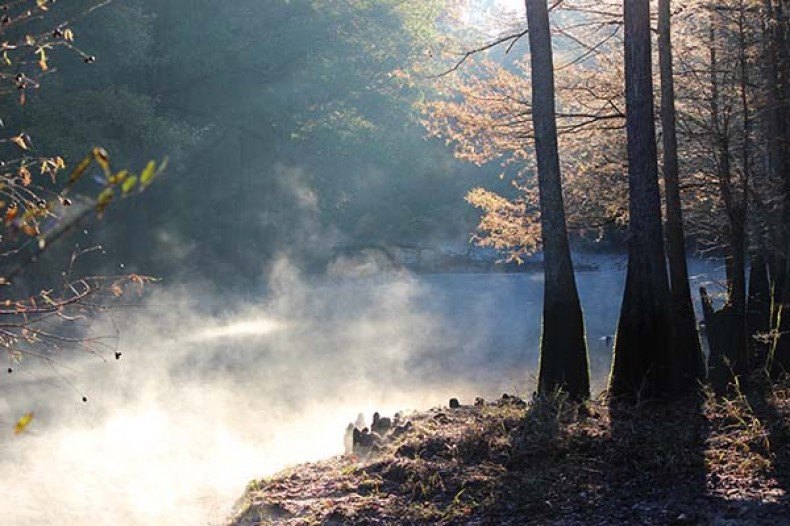
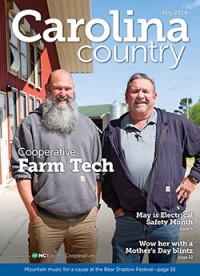
Comments (2)
Kyle Edwards |
March 07, 2015 |
reply
Barry (Bo) Sturmer |
February 21, 2016 |
reply